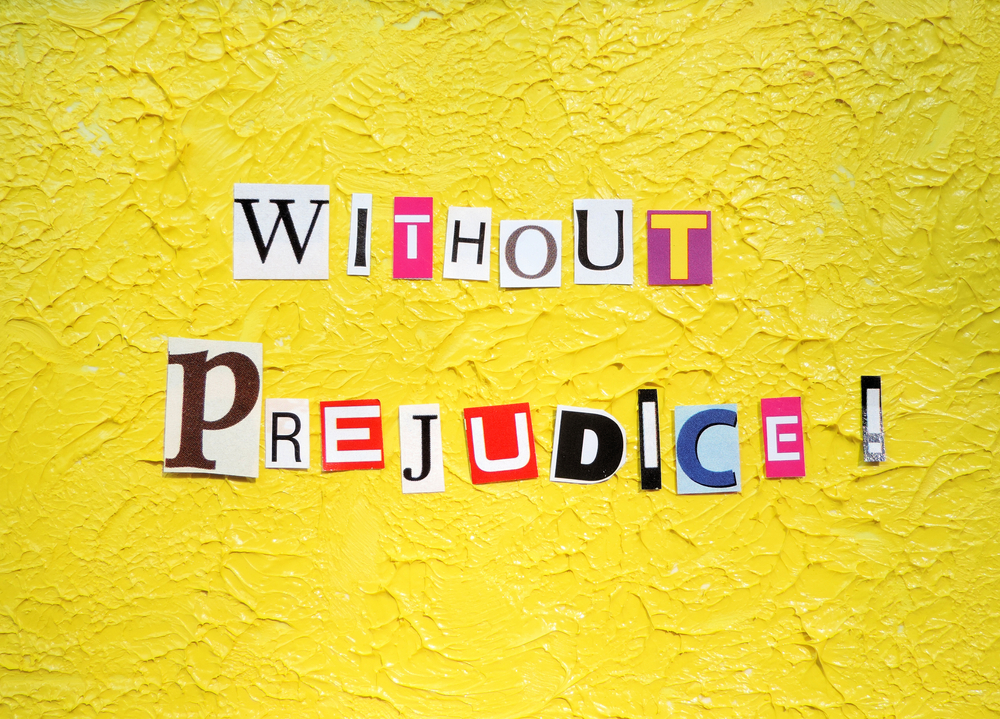Proposals for Settlement and Dismissals WITHOUT PREJUDICE

I have talked about proposals for settlement in a number of prior postings. (See here, here, and here for a few of these postings.). Proposals for settlement are a vehicle to create an argument for attorney’s fees under Florida Rule of Civil Procedure 1.442 and Florida Statute s. 768.79. A party receiving a proposal for settlement has 30 days to accept the proposal. If they do not, it triggers an argument to recover attorney’s fees from the date of the proposal for settlement on forward based on the amount of the recovered judgment.
However, Florida cases have held that even if a plaintiff does NOT accept a proposal for settlement, the plaintiff can still dismiss the case WITHOUT PREJUDICE and the plaintiff will not be liable for the defendant’s attorney’s fees because dismissing a case without prejudice does not serve as an adjudication on the merits.
For example, in Herrell v. Universal Property & Casualty Ins. Co., 46 Fla.L.Weekly D10d (Fla. 2d DCA 2020), a property insurer pursued a negligence action through its rights of subrogation. The defendants served the plaintiff with a proposal for settlement. The plaintiff did not accept the proposal and it was deemed rejected. Later, on the eve of trial, the plaintiff dismissed the subrogation lawsuit without prejudice. The defendants moved for attorney’s fees arguing that the plaintiff dismissed the lawsuit without prejudice after the statute of limitations expired for the plaintiff to re-file the lawsuit; therefore, this dismissal should serve as an adjudication on the merits. The appellate court, affirming the trial court, disagreed: “[W]e hold that a dismissal without prejudice after the expiration of the statute of limitations period and the expiration of the period allowed to accept a proposal for judgment is not an adjudication on the merits.”
This ruling is important in situations where a plaintiff does not accept a proposal for settlement and realizes down the road (perhaps after more information is learned) that the plaintiff could be liable for attorney’s fees in that (i) he/she/it may likely lose on the merits or (ii) he/she/it may not recover a high enough judgment amount and would be liable for the defendant’s attorney’s fees. By dismissing the case without prejudice, the plaintiff avoids the adjudication on the merits and the exposure for the liability of the defendant’s attorney’s fees.
Please contact David Adelstein at [email protected] or (954) 361-4720 if you have questions or would like more information regarding this article. You can follow David Adelstein on Twitter @DavidAdelstein1.




